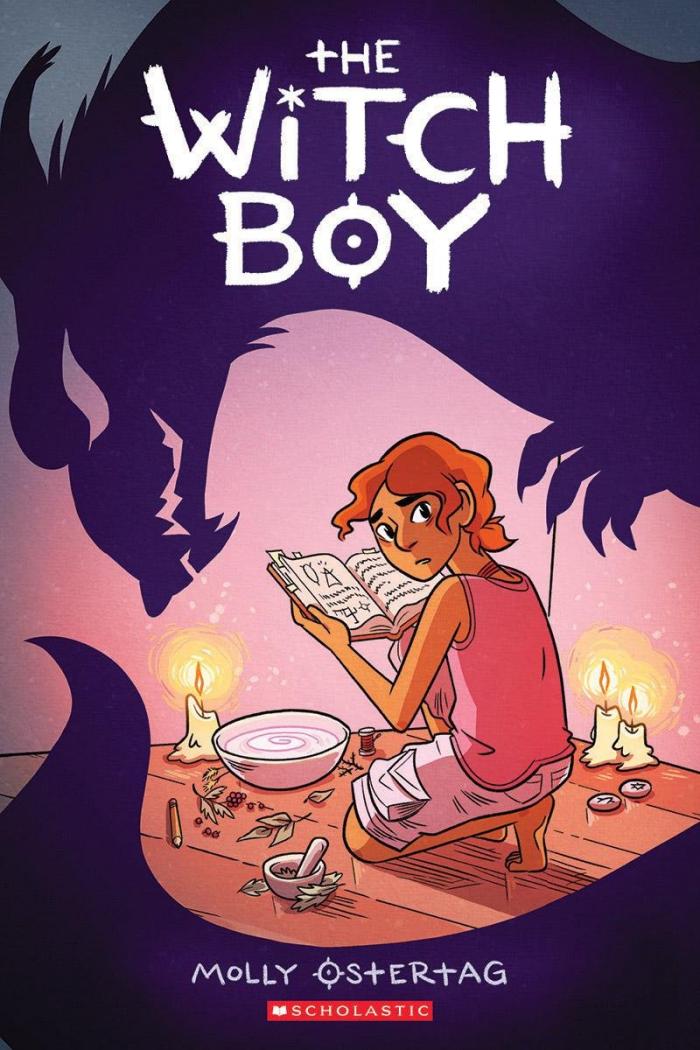The Witch Boy an Unsubtle Parable on Gender Roles in Youth
FTC Statement: Reviewers are frequently provided by the publisher/production company with a copy of the material being reviewed.The opinions published are solely those of the respective reviewers and may not reflect the opinions of CriticalBlast.com or its management.
As an Amazon Associate, we earn from qualifying purchases. (This is a legal requirement, as apparently some sites advertise for Amazon for free. Yes, that's sarcasm.)

Molly Ostertag's THE WITCH BOY is a less-than-subtle parable on gender and the accepted roles that go along with it.
The titular witch boy is Aster, who lives in a secluded village of magic users behind an enchanted barrier. The men grow up to become shape changers, guided by their spirit animals, who go out and hunt demons. The women learn magic spells for protection and healing. Aster has not been contacted by any spirit animals yet, and it's far past time for most boys to have had that experience. What's more, he perpetually hides where he can overhear the lessons taught to the girls so he can learn magic, even though this is knowledge that is forbidden to him.
Wandering out of the village, despondent, Aster meets a young girl named Charlie living among the normal humans. The two forge a symbiotic friendship where their mutual talent and support gives the other courage to do the things they want to do and be the things they want to be. And when a legend from the past starts to abduct the young boys of the village, perverting their shape changing abilities and warping their minds against the witches, only Aster knows the secret that will subdue the attacker -- but it will require him to use magic.
As I've said, it's not exactly subtle. In fact, the denouement of the whole thing, in a speech delivered by the elder matriarch of the village, is pretty heavy handed (no pun intended for those who have already read THE WITCH BOY). You can see the setup coming a mile away. Aster, the male, is given the name of a flower which is generally considered a feminine object, while Charlie is a girl who uses a predominantly masculine name and complains about the school's sports teams being divided up into boys and girls (as well as mentioning more than once her domestic situation with two dads). It's the kind of story that's going to be needed by some, rejected by others, and talked about by many.


